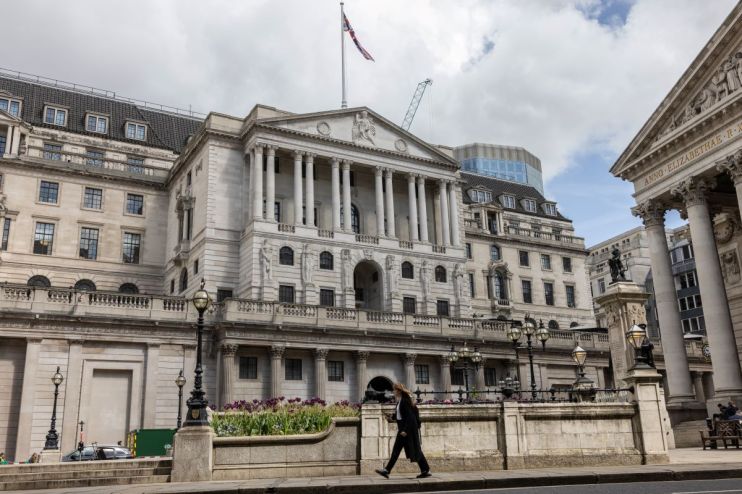| Updated:

Rising global trade barriers threaten to drag on global economic growth and unsettle the stability of the UK’s financial system, the Bank of England has warned today.
In its half-yearly financial stability report, the central bank said the financial system could be hit by disruption to cross-border capital flows and a reduced ability to diversify risk.
While Threadneedle Street did not refer directly to the threat of US tariffs, fears over the direction of American trade policy have grown since Donald Trump won the Presidency earlier this month.
On the campaign trail, the president-elect threatened flat tariffs of 20 per cent on all imports and 60 per cent on those from China.
“Global fragmentation, namely a reduction in the degree of international trade and policy co-operation, could have several consequences,” the Bank warned.
“For the macroeconomy, it could weigh on growth and increase the uncertainty of economic outcomes including around inflation, which could in turn feed into volatility in financial markets.
“A reduction in the degree of international policy cooperation could hinder progress by authorities in improving the resilience of the financial system and its ability to absorb future shocks,” the Bank said in its report.
The warnings follow calls from Bank governor Andrew Bailey to prioritise free trade and eschew protectionism to shore up economic stability .
Speaking to City financiers at Mansion House earlier this month, he called on policymakers to “please remember the importance of openness”, and said trade barriers resulting from Brexit had “weighed on the level of potential supply”.
According to the Bank’s stability report today, UK households, businesses and banks are in good shape but the country’s financial sector faced risks that were “particularly relevant” given the openness of the UK economy.
Financial markets were also “vulnerable to a sharp correction” due to the risks to growth and inflation and uncertainty about interest rates, the Bank warned.
“Such a correction could be amplified by long-standing vulnerabilities in market-based finance” and could push up borrowing costs for UK households and businesses, it warned.
The report came alongside the Bank’s stress test of the UK banking system, which it said showed lenders were well capitalised with high levels of liquidity.
Going forward, the Bank said it would carry out full stress tests once every two years starting in 2025 to reduce the administrative strain on lenders and allow the Bank to focus on other potential financial risks.